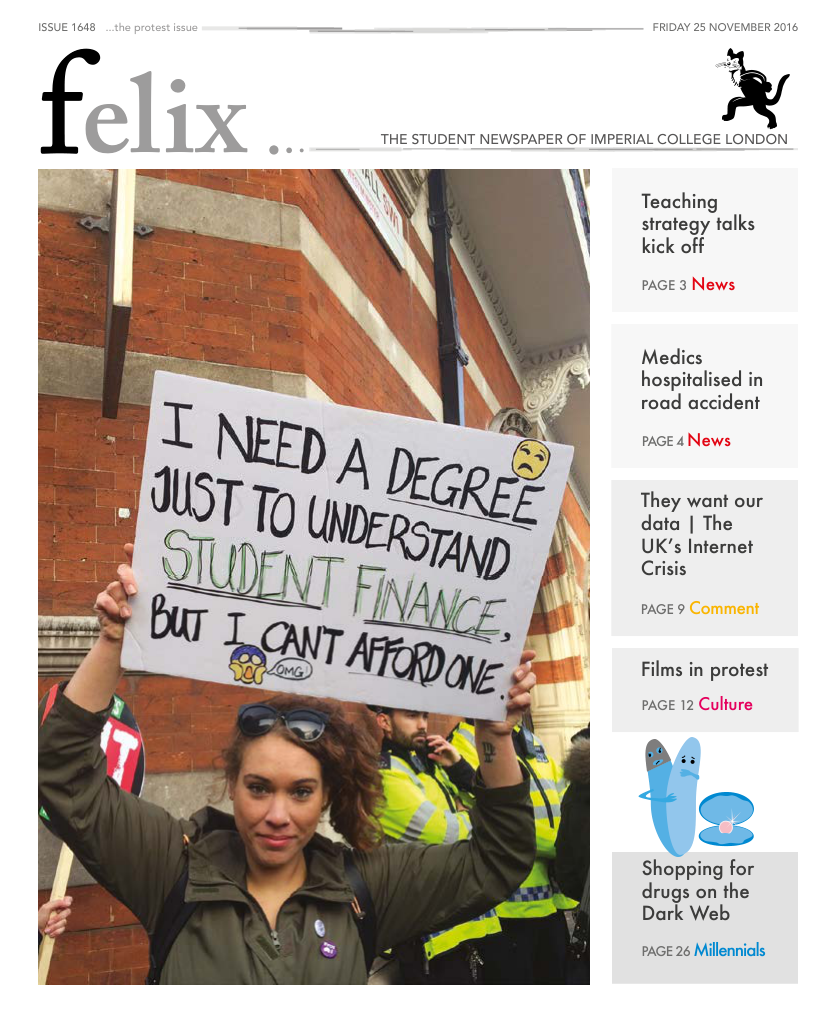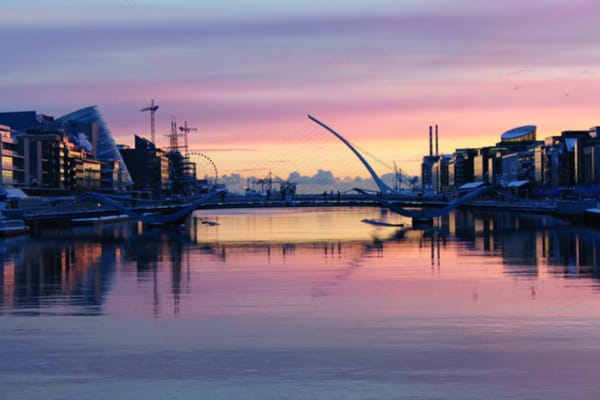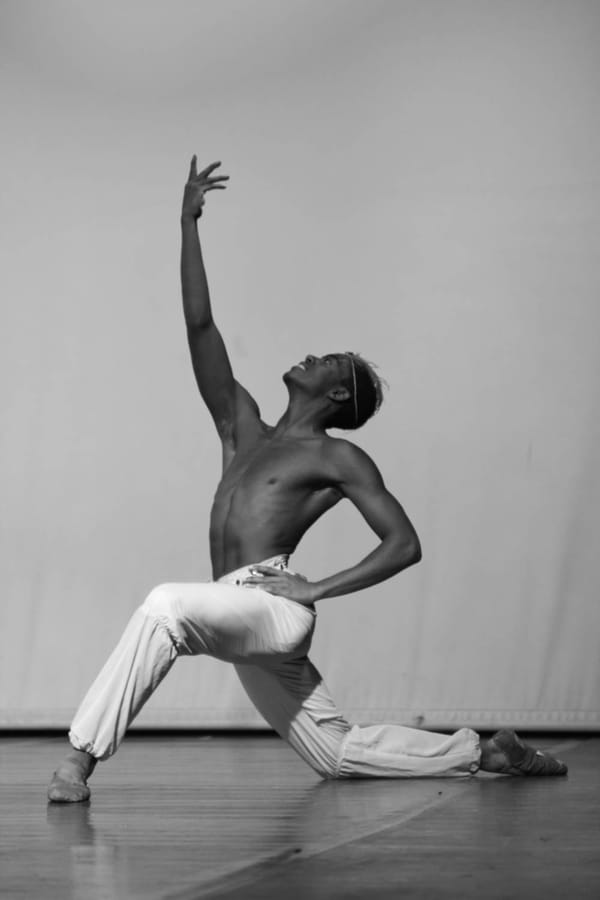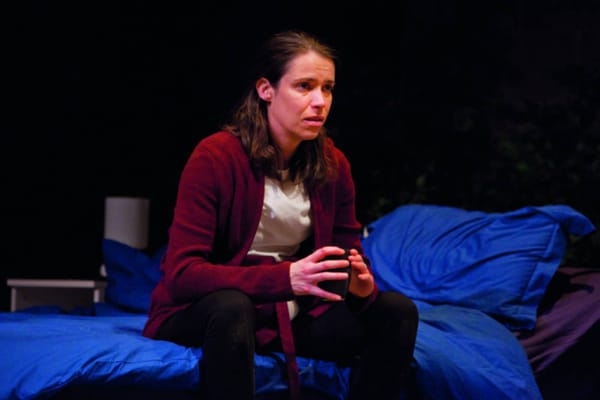We, the people | The Hamilton cast speak out
Theatre is special but Trump is wrong, theatre is not safe. Theatre Can't be safe
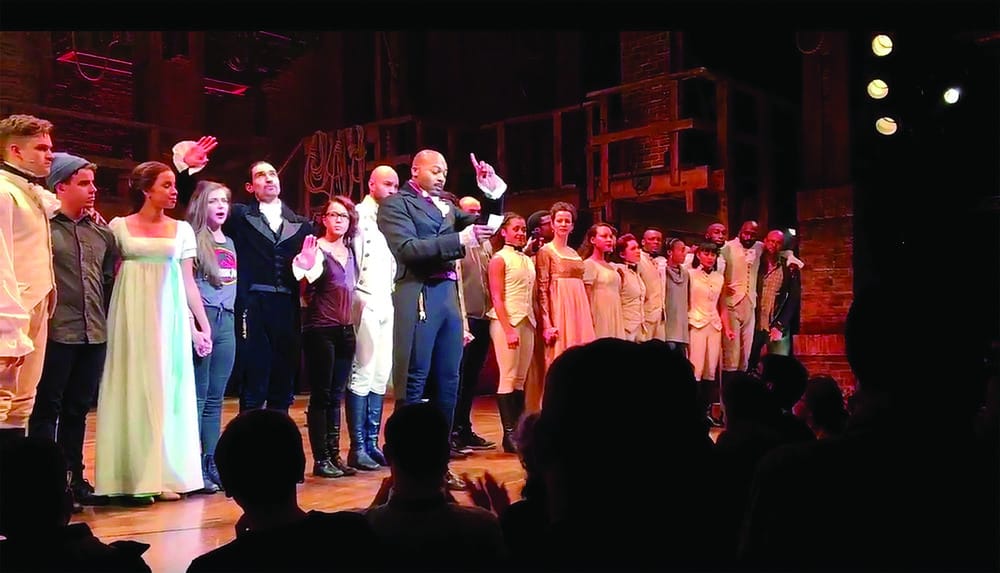
By now, it’s a near certainty you’ll already have heard about Vice President-elect Mike Pence’s trip to Broadway’s hip-hop musical sensation, Hamilton. If you haven’t, it’s all rather simple: Pence went to the show, and following the curtain call, one of the cast stepped forward and addressed Pence directly. Flanked by one the most diverse casts on Broadway, Brandon V. Dixon (the show’s Vice president Aaron Burr) read a speech written by Hamilton creator Lin-Manuel Miranda, director Thomas Kail, and producer Jeffrey Seller from a piece of paper: "We are the diverse Americans who are alarmed and anxious that your new administration will not protect us, our planet, our children, our parents, or defend us and uphold our inalienable rights." Dixon went on to ask Pence to "work on behalf of all of us… men and women of different colors, creeds and orientations."
Pence, to his credit (not words I ever thought I’d write), took the whole thing relatively well, revealing that he "wasn’t offended by what was said." He praised the "incredible" show and the "incredibly talented" cast, but added "I’ll leave to others whether that was the appropriate venue to say it." But if Pence took the (relatively) high road, his boss opted for a lower one. Through that most Presidential of mediums, Twitter, President-elect Donald Trump claimed that the cast "harassed" Pence, before insisting that "the Theater must always be a safe and special place." He’s wrong. The theatre is special, yes, but theatre is not safe.
Theatre can’t be safe. To be effective, to provoke, to challenge, theatre cannot afford to be safe. Safe means boring, and boring does not change minds. Boring doesn’t challenge people’s opinions, doesn’t make them assess why they believe what they believe.
Hamilton used to challenge opinions, with great success, but with its success has come, inevitably, a neutering. Its audience now is almost entirely comprised of the faithful or those with enough money to afford a seat. Hamilton’s message – that America is, and always has been, a nation of immigrants, founded on cooperation and compromise – needs to be heard, but the people in that theatre aren’t the ones who need to hear it. Hearts are being stirred, but minds are not being changed in the auditorium of the Richard Rogers Theater. Until the moment where someone like Mike Pence walks in – a man who has promoted conversion therapy for homosexuals, a man serving in an administration that has unmistakably aligned itself with the euphemistically-named 'alt-right' (or, in plain English, 'white supremacist') movement. Anybody walking into Hamilton does so knowing full well what they are in for, because you (quite simply) cannot book a ticket for Hamilton without knowing anything about it. Somebody like Pence is not a helpless individual, quite the opposite. They hold the power.
With Pence comes an opportunity. A chance to challenge that power, to address how it is used. A direct address, from a multi-racial cast, many of whom are part of the LGBTQ+ community, to a man who has thus far proven himself anything but their ally, is just an extension of the theatre that came before it. It is a request for respect, a plea to be heard and treated as equals. It is an action with profound meaning, as profound as anything that occurs in the preceding musical. To brand that action as "harassment", to demand an apology, to insist that theatre be seen as a "safe space", is to miss the point entirely.
Theatre is a live medium. It works in the here and now: it may draw from the past, present, and future, but it is inescapably of the moment. Its very nature isn’t safe: as a live event, countless things could go wrong. Every effort is made to prevent that, but it is a human medium. The thoughts and ideas of the writer are made flesh by the actors on stage (and the crew behind them), and communicated to the audience in that room. To be "safe", to not provoke in any way, is to waste the immense power that connection wields.
The cast of Hamilton knew this. They knew that theatre allows for the speaking of truths, and on this occasion they chose to embody that literally. They stepped forward, and they spoke truth to power. They embraced theatre at its purest – the words of a writer, spoken through an actor, addressed to an audience. In the face of hatred spreading across the world, they made a polite and respectful gesture, using their position to speak for those who could not. It wasn’t "safe", because it couldn’t be.

